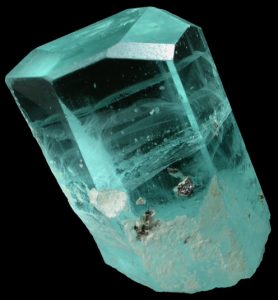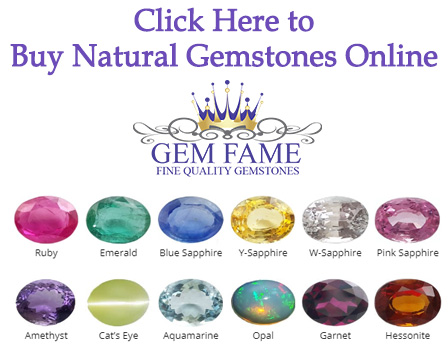Aquamarine (Beryl)
Aquamarine is the blue to the variety that is blue-green of Beryl number of minerals that additionally includes Bixbite (red), Emerald (green), goshenite (colourless), Heliodor (yellow), Morganite (red) and Pezzottaite (reddish pink). Very large Aquamarine crystals have now been found including the Martha that is famous Rocha, found in Brazil, that weighed 134 pounds and yielded 300,000 carats of exemplary blue gems! Aquamarine gets its blue-green colour from traces of ferrous iron added to the Beryl that is a basic formula. Aquamarine is the birthstone for March.
Aquamarine is known from many sources worldwide Afghanistan that is including; Minas Gerais and other locations in Brazil; a lot more than fifty specific locations in Madagascar; Myanmar (Burma); Namibia; Pakistan; Russia; Sri Lanka; and in the USA at San Diego County, California; Mt. Antero, Colorado; Connecticut; Maine; and North Carolina.
| Category: | Cyclosilicate |
| Chemical Formula: | Be3Al2Si6O18 + Fe |
| Beryllium Aluminum Silicate + Iron | |
| Molecular Weight: | 537.50 gm |
| Composition: | Beryllium | 5.03 % | Be | 13.96 % | BeO |
| Aluminum | 10.04 % | Al | 18.97 % | Al2O3 | |
| Silicon | 31.35 % | Si | 67.07 % | SiO2 | |
| Oxygen | 53.58 % | O | |||
| 100.00 % | 100.00 % | = TOTAL OXIDE |
| Crystallography: | Hexagonal – Dihexagonal Dipyramidal |
| Crystal Habit: | Crystals prismatic to tabular, with {1010}, {0001}, and {1120}; may be complexly terminated by pyramids, to 18 m and 180 t. Also radial, trapiche, columnar; granular to compact. |
| Twinning: | Rarely |
| Cleavage: | Imperfect on {0001} |
| Fracture: | Conchoidal |
| Tenacity: | Brittle |
| Moh’s Hardness: | 7.5 – 8.0 |
| Density: | 2.66 – 2.80 (g/cm3) |
| Optical Properties: | Uniaxial (-) |
| Luminescence: | None |
| Radioactivity: | Not Radioactive |
| Colour: | Various shades of pale Blue to Blue-Green; Colourless in thin section |
| Transparency: | Transparent to Translucent |
| Lustre: | Vitreous, Resinous |
| Refractive Index: | 1.567 – 1.590 |
| Birefringence: | 0.005 – 0.007 |
| Dispersion: | 0.014 (low) |
| Pleochroism: | Weak to distinct; O = colourless, yellowish green, light blue, yellowish red; E = sea-green, blue |
| Ultraviolet Fluorescence: | None (some fracture filling materials used to improve Emerald’s clarity do fluoresce, but the stone itself does not). Morganite has weak violet fluorescence |


